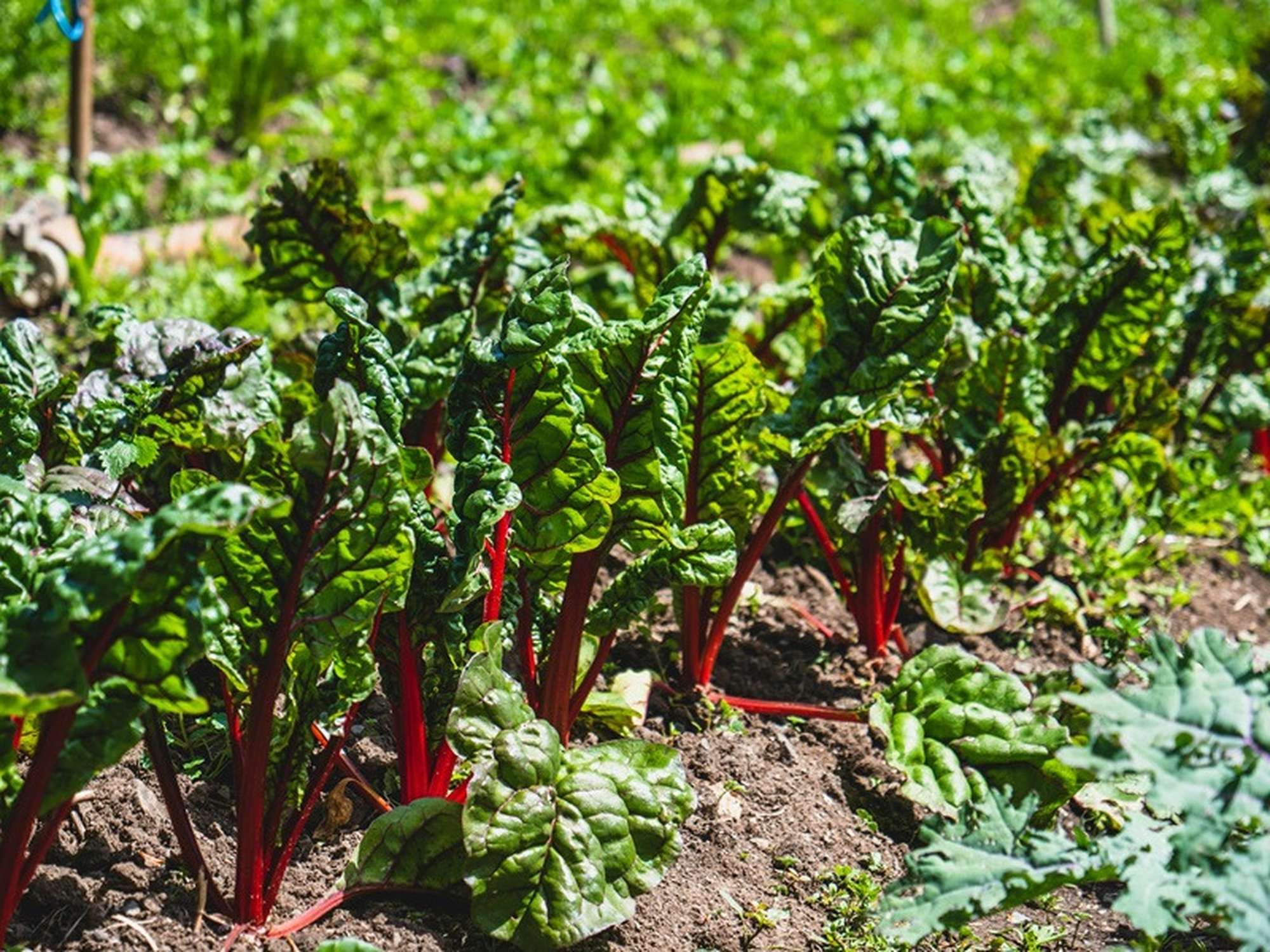For commercial vegetable farmers, expanding operations can be an exciting yet daunting prospect. Whether you're looking to increase your acreage, diversify your crop offerings, or optimize your production processes, strategic planning and careful execution are key. At Starke Ayres, we understand the challenges and opportunities that come with expanding a commercial vegetable farm. In this blog, we'll explore essential tips and strategies to help you successfully grow and scale your operation while maximizing productivity and profitability.
Enhance Your Commercial Vegetable Farm
Ready to take your commercial vegetable farm to the next level? At Starke Ayres, we've got you covered. In this blog, we'll share expert tips and strategies to help you expand your operation successfully and achieve your growth goals.
1. Strategic Planning
Before diving into expansion, take the time to develop a comprehensive strategic plan that outlines your goals, objectives, and timelines. Identify areas for growth, such as increasing acreage, introducing new crops, or implementing advanced technologies, and map out the steps needed to achieve them.
Now Read: Zimbabwean Cabbage Lunaria: Big, Bold And Beautiful
2. Crop Selection and Diversification
Diversifying your crop offerings can help reduce risk and maximize profitability. Conduct market research to identify high-demand crops with strong market potential, and consider introducing new varieties or specialty crops to differentiate your farm and attract niche markets.
3. Investing in Infrastructure
As you expand your farm, investing in the right infrastructure is crucial for supporting increased production and efficiency. Evaluate your current infrastructure needs, such as irrigation systems, storage facilities, and equipment, and invest in upgrades or expansions as necessary to meet growing demand.
4. Implementing Sustainable Practices
Sustainable farming practices not only benefit the environment but also contribute to long-term farm viability and profitability. Explore opportunities to incorporate sustainable techniques such as crop rotation, integrated pest management, and soil conservation to optimize productivity while minimizing environmental impact.
5. Continuous Learning and Adaptation
The agricultural landscape is constantly evolving, and successful farmers must be willing to adapt to changing market conditions, consumer preferences, and technological advancements. Stay informed about industry trends and best practices, and continuously seek opportunities for learning and improvement to stay ahead of the curve.
Get in Touch with Starke Ayres Today
Explore our wide selection of high-quality vegetable seeds and agricultural products at Starke Ayres and start your journey to farm expansion today. Contact us to learn more about our offerings and how we can support your growth and success as a commercial vegetable farmer.
Now Read: Agricultural Excellence At The 95th Agricultural And Commercial Show
